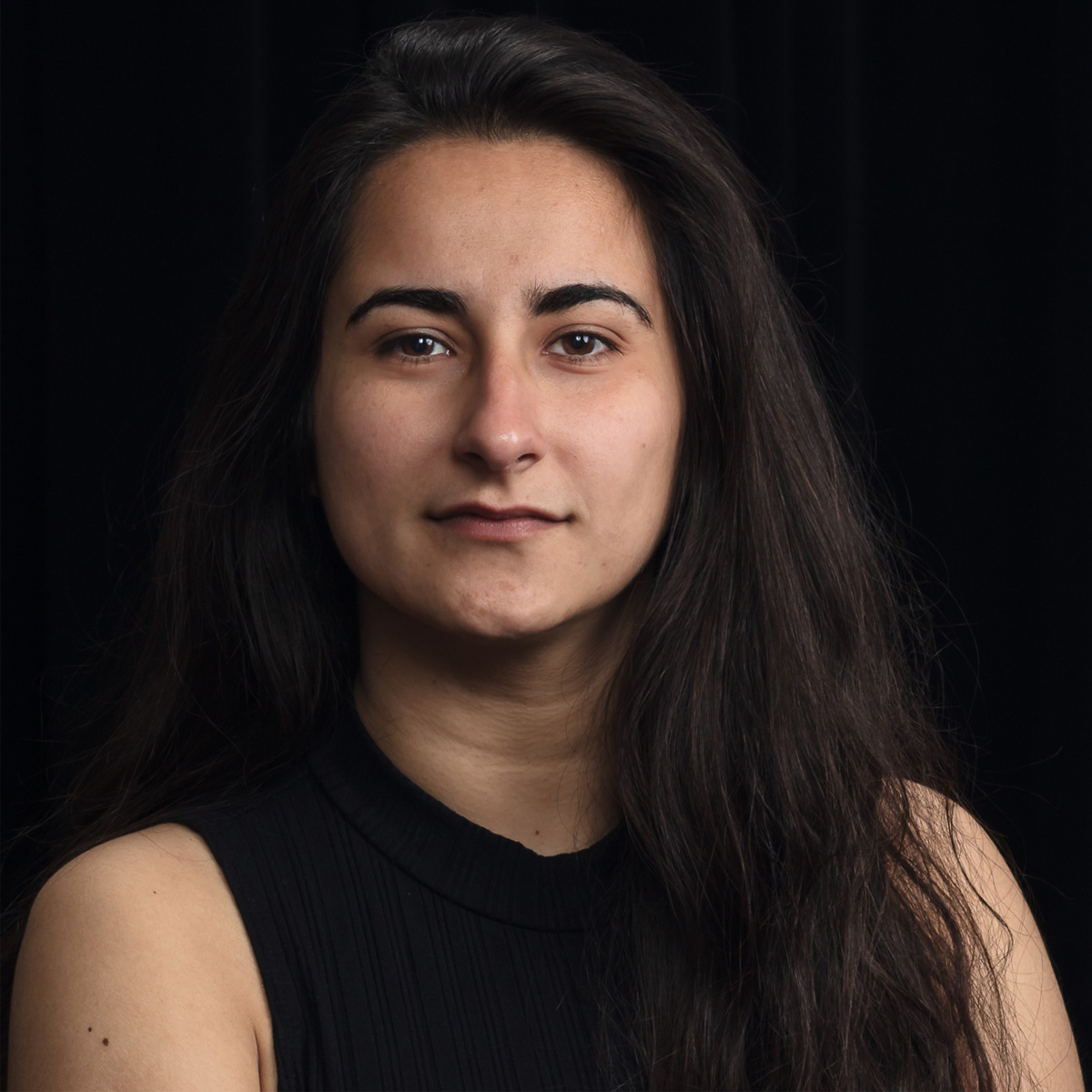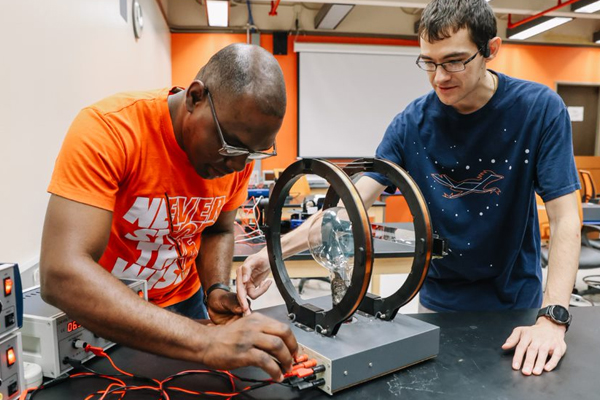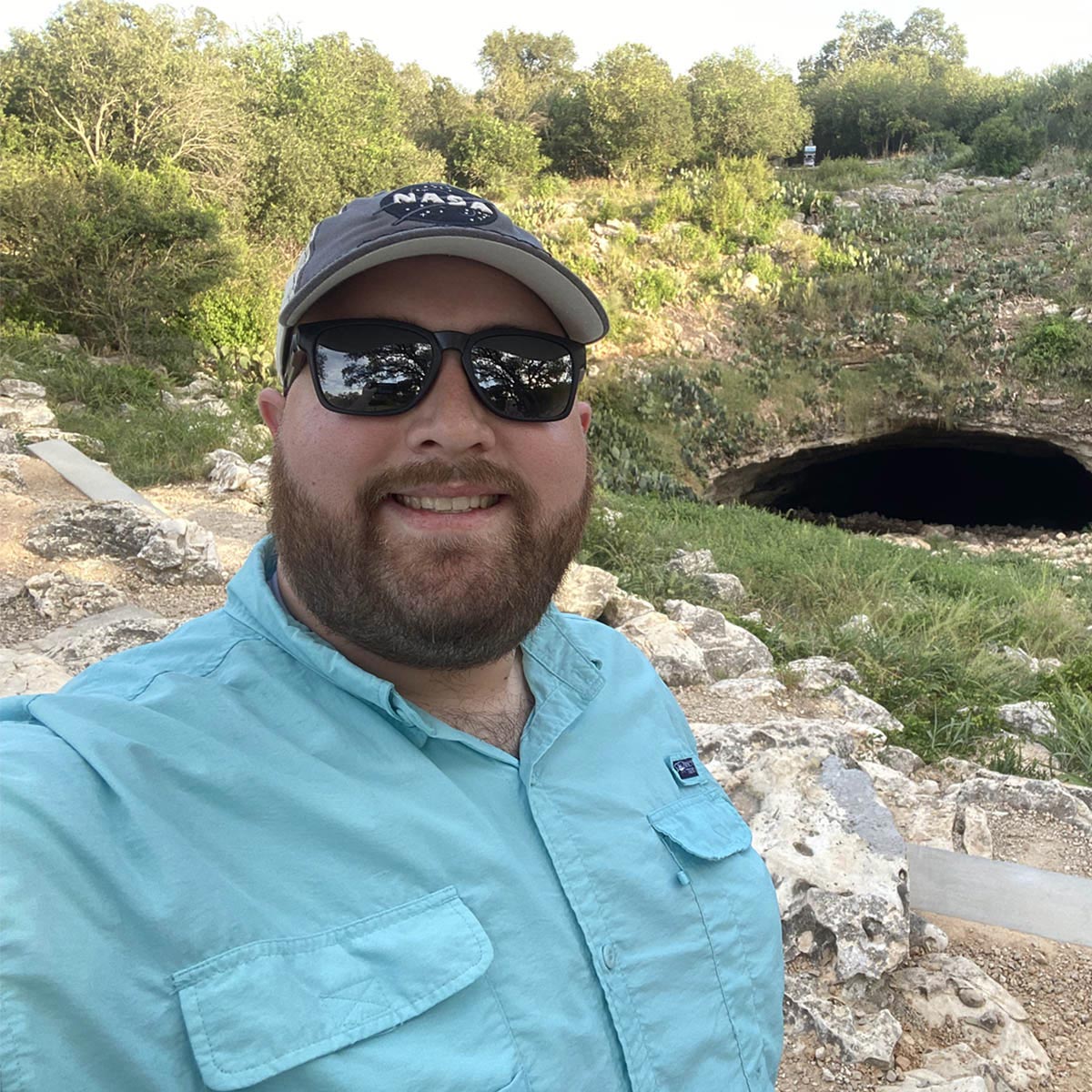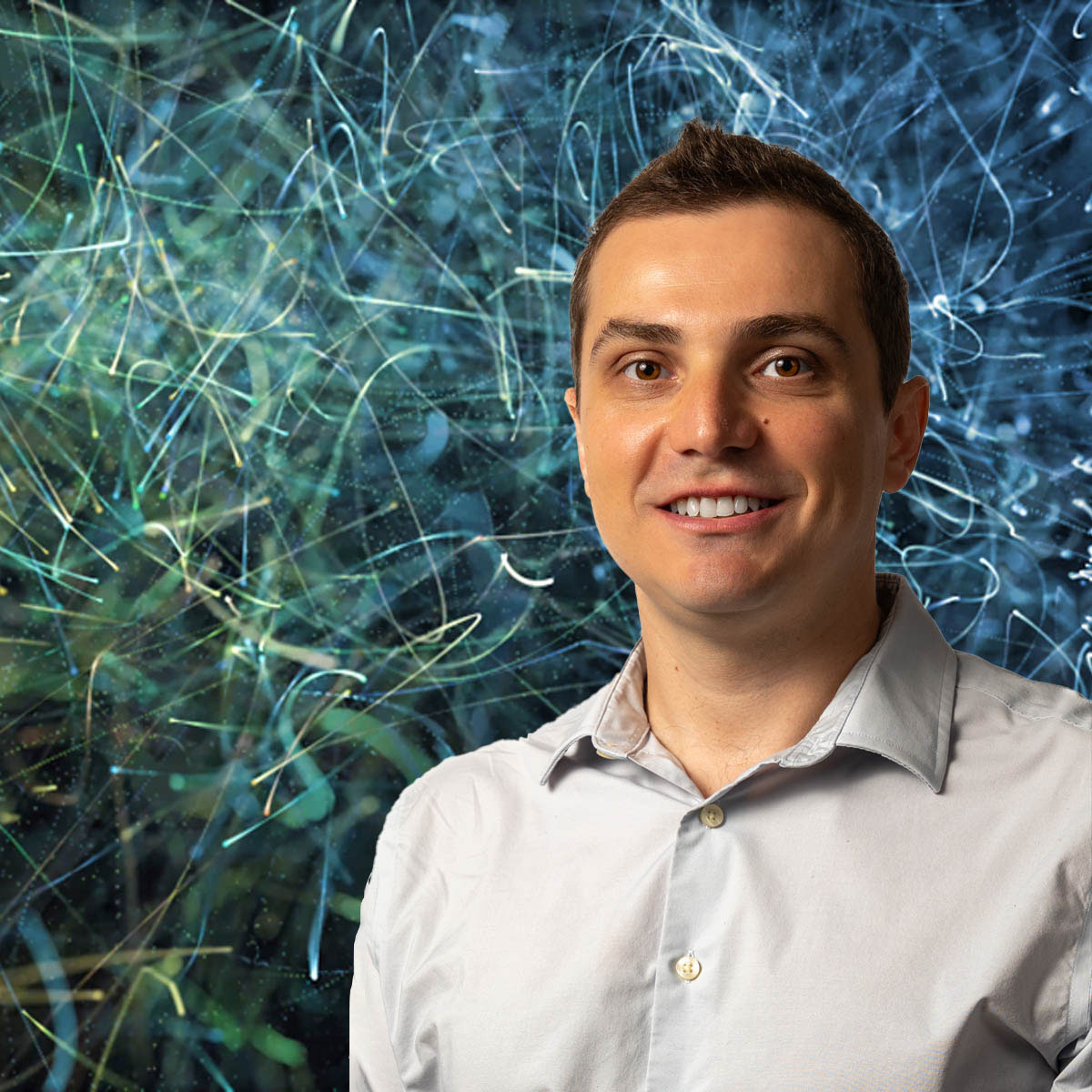Posted on September 19, 2025 by College of Sciences

Maria Gabriela Boada, Physics Ph.D. Student
Charting Her Own Path Through the Laws of Physics
By Lauren Garza, Administrative Assistant
Maria Gabriela Boada is a doctoral student in the Department of Physics at the University of Texas at San Antonio and a research affiliate graduate research associate—a role awarded to students recognized for their research potential. The University of Texas at San Antonio has served as her academic home throughout her graduate studies, supporting her work in quantum mechanics, especially open quantum systems—those that interact with their environments in unpredictable ways.
Her interest began at age 12, when her father introduced her to Schrödinger's cat—a thought experiment that shows how, in quantum physics, something can exist in two opposite states at once, like a cat that's both dead and alive, until someone checks. "I didn't believe that two things could be one at once," she said. "I asked him what it was called, and he said, 'quantum mechanics.'" That moment sparked a determination that would carry her through advanced physics courses, starting in middle school.
Still, she notes that quantum mechanics isn't something students simply stumble into. "To actually learn quantum, you need so much math and background. You pretty much have to decide you want to do quantum long before you actually get to do quantum."
She credits key coursework for influencing her trajectory—especially a special topics class on wave propagation with Professor Andrey Chabanov and a nanophotonics course with Associate Professor Nicholas Large, who also serves as associate dean of graduate studies, which foreshadowed her later work in quantum circuits.
In 2020, Maria Gabriela first received an assistantship during her first year as an undergraduate, tutoring undergraduates in mathematics and physics during the height of COVID—an experience that showcased her dedication to learning and helping others, even in challenging circumstances.
At The University of Texas at San Antonio, she met her advisor, Jose Morales, an assistant professor with a joint appointment in the Department of Mathematics and the Department of Physics and Astronomy, during a student seminar and immediately connected with his research. She began working with him on general open quantum systems and completed her candidacy in 2023, just as the field of quantum computation was booming due to breakthroughs in technology and increased investment. However, as the field advanced, noise—unwanted interference that disrupts the delicate quantum states—emerged as a major challenge in making quantum computers reliable and scalable. That same year, with The University of Texas at San Antonio as her home institution, Maria Gabriela and Jose spent three months at the Institute for Pure and Applied Mathematics (IPAM) at UCLA where she led a working group on open quantum systems and formed key collaborations with quantum hardware researchers.
In 2023, Maria Gabriela was also selected for the prestigious Department of Energy (DOE) Office of Science Graduate Student Research (SCGSR) program—an honor awarded to students whose research directly supports the DOE's scientific mission. She was selected for the award based on her project in quantum device emulation—a process where researchers simulate how quantum devices behave to better understand their performance, which helps improve the reliability and functionality of quantum computers.
Maria Gabriela appreciates all the connections to experiential learning opportunities that she encountered at The University of Texas at San Antonio, which played a key role in developing her research skills.
“UTSA helped me realize that research success isn't just about grades—it's about all the other skills that help you stand out as a researcher."
After earning her Ph.D., Maria Gabriela hopes to continue advancing theoretical noise models, bridging theory and experiment, and contributing to the development of superconducting quantum computers—laying the groundwork for the future of quantum computing.

Explore the Physics and Astronomy Department!
Providing students with a solid background in physics and problem-solving skills and equipping them with invaluable research experience to prepare them for their future careers.
Recent Physics and Astronomy Spotlights
View More Spotlights
September 19, 2025
Maria Gabriela BoadaPublished by College of Sciences
#ThisIsWhatAScientistLooksLike



